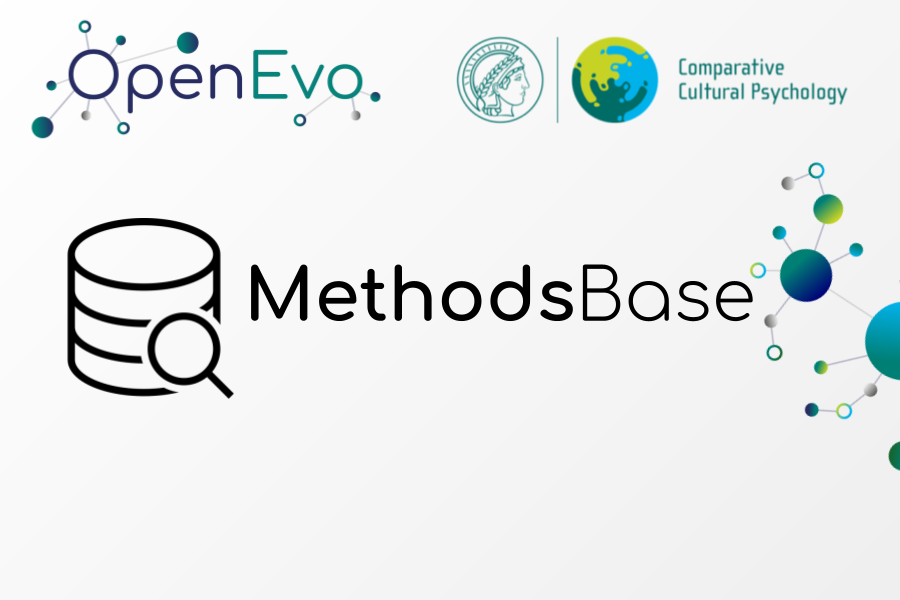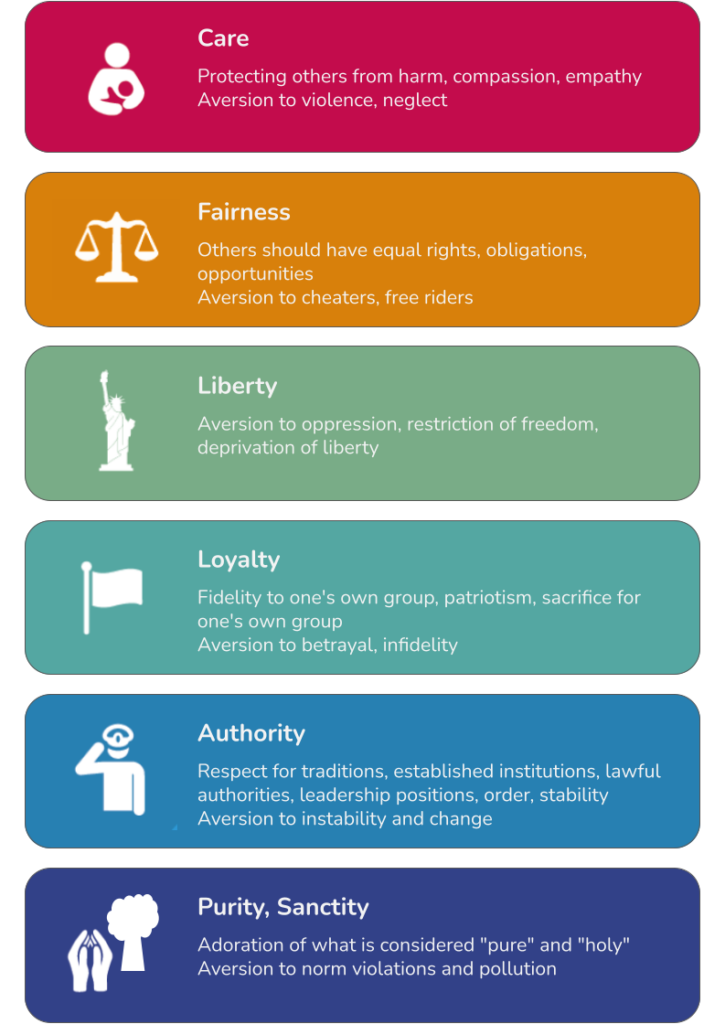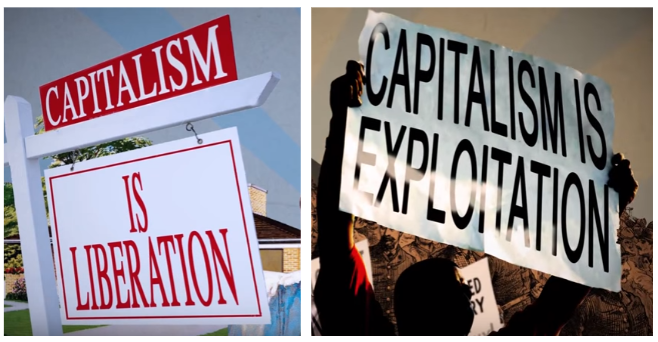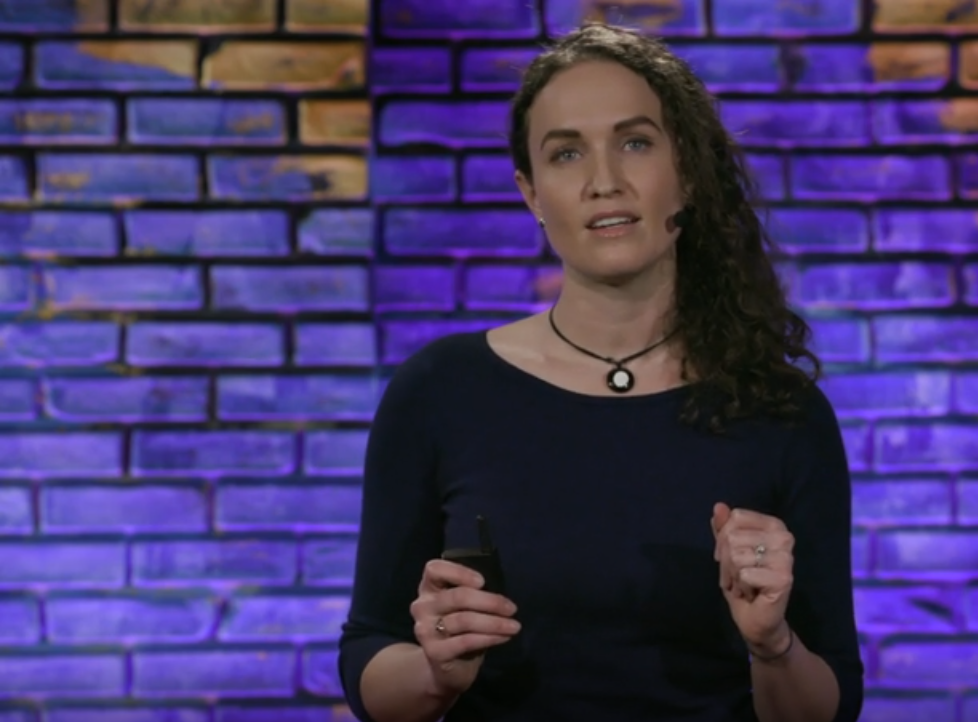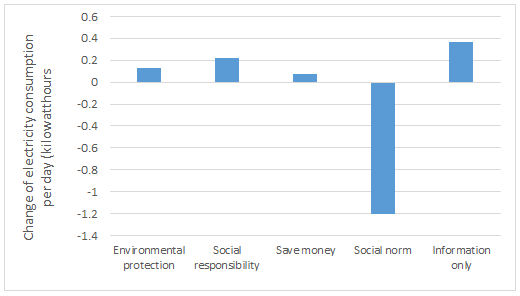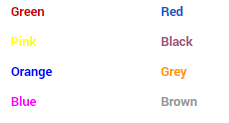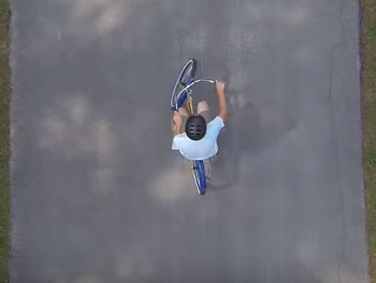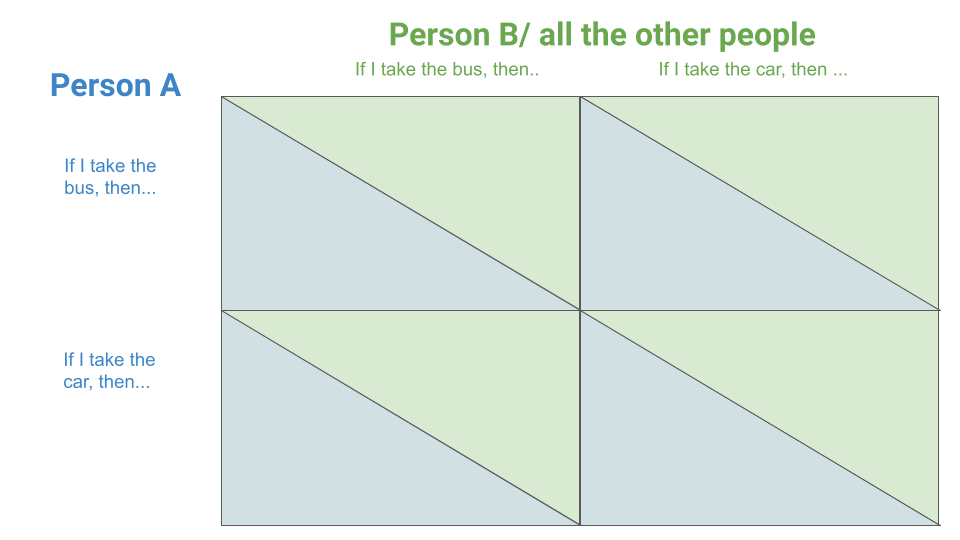Scaffold and ensure adaptive Theories of Self, Schooling, and Society
Schools should help students develop a minimum metacognitive understanding of the concept of ethnotheories of everyday life, and the similarities and differences between everyday learning and scientific learning. This is especially critical in the domains of self, schooling, and society.
Scaffold and ensure adaptive Theories of Self, Schooling, and Society Read More »

